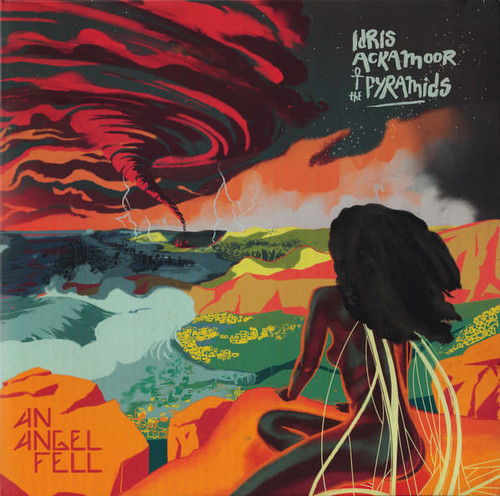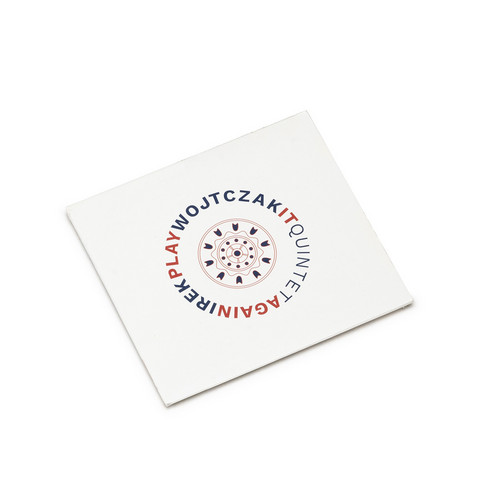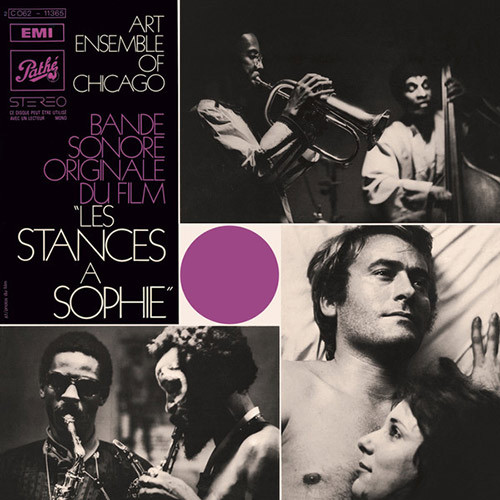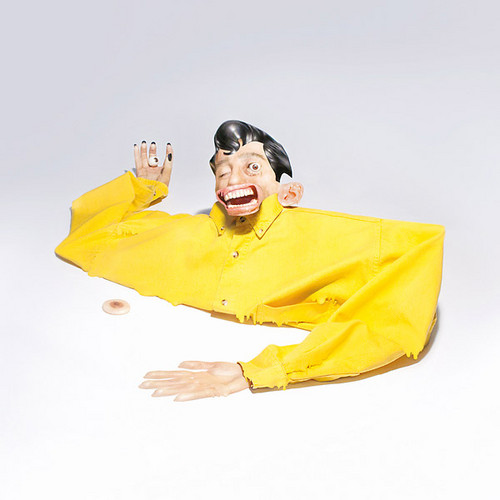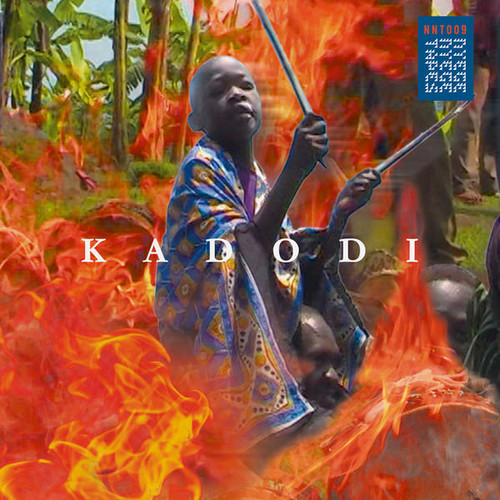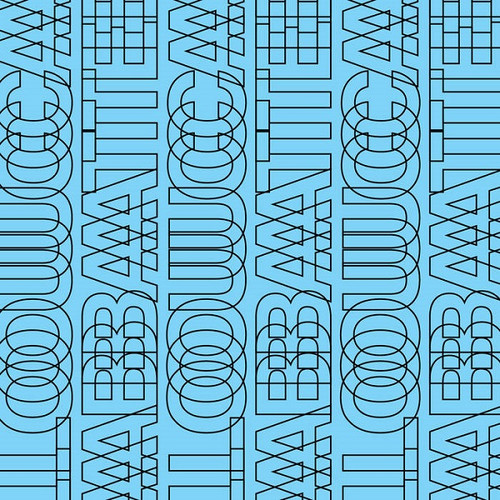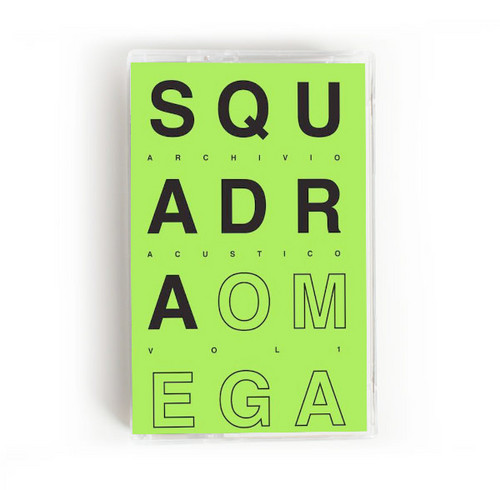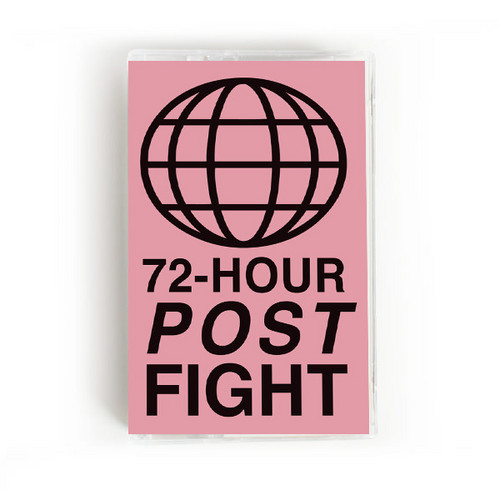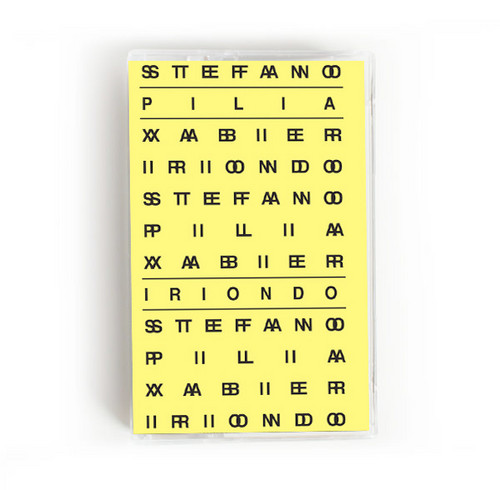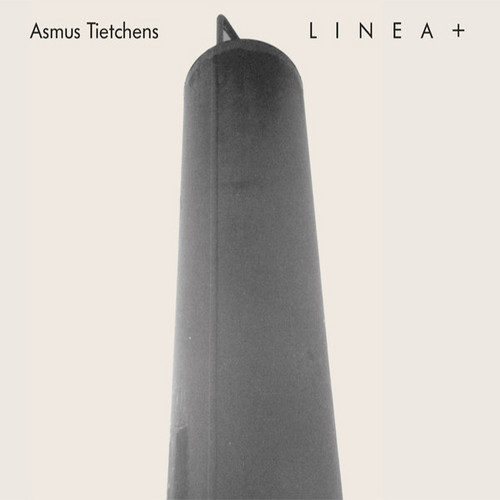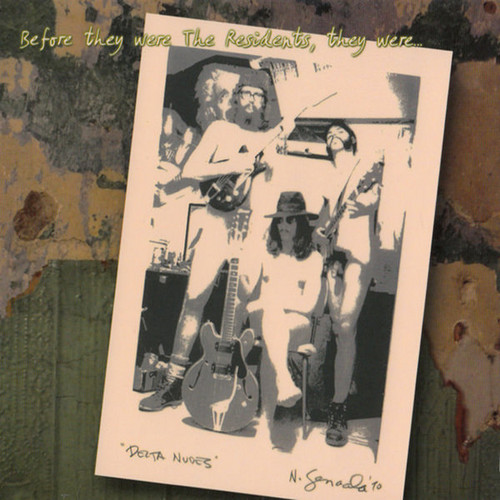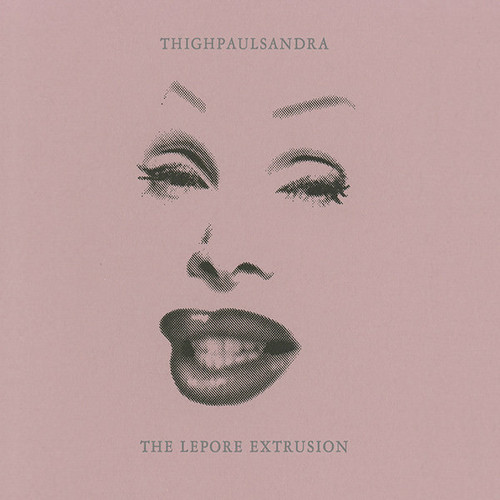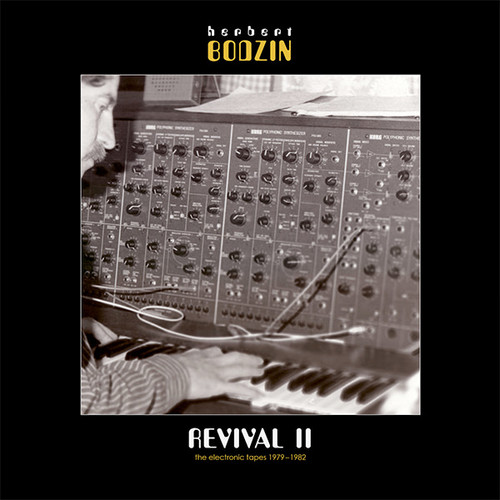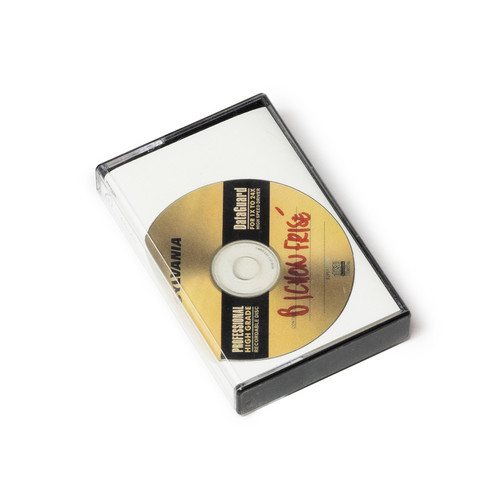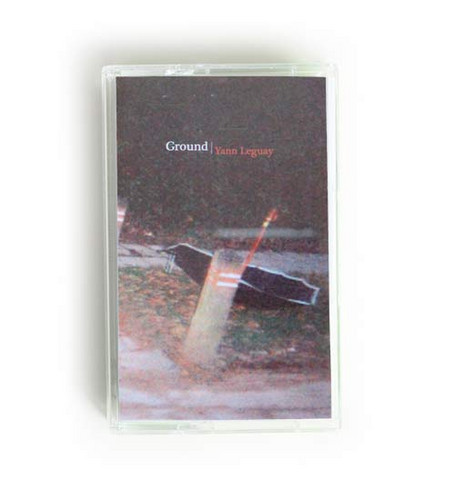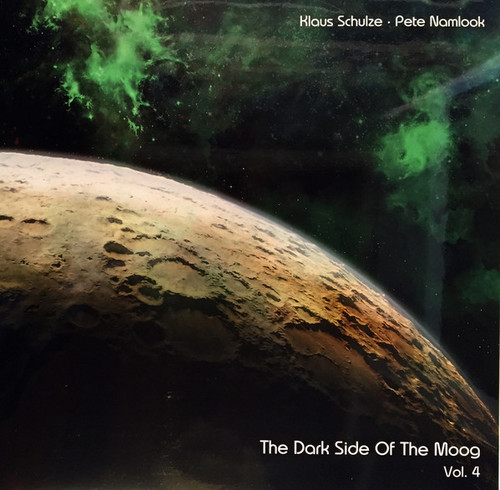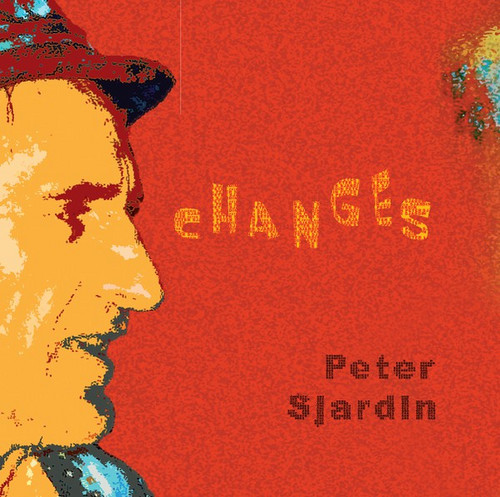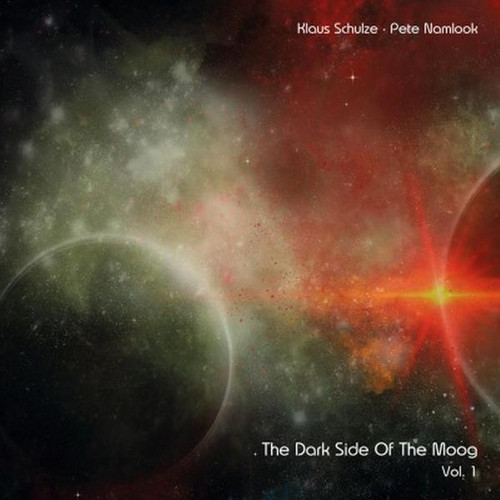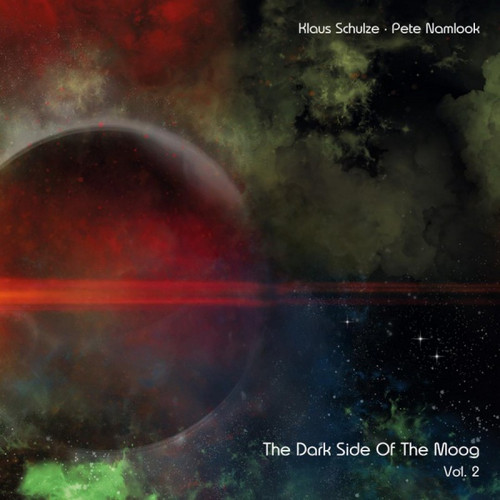New Arrivals
An Angel Fell
Strut presents the brand new album from cosmic jazz travellers The Pyramids, led by saxophonist Idris Ackamoor, ’An Angel Fell’. “I wanted
to use folklore, fantasy and drama as a warning bell,” explains
Idris Ackamoor.
“The songs explore global themes that are important to me and to us all:
the rise of catastrophic climate change and our lack of concern for our
planet, loss of innocence and separation... but positive themes too,
the healing power of music, collective action and the simple…
Play It Again
"Play me your music – said Ravi Coltrane years ago, to the Polish participants of the SIM workshop. What does "your music” mean? Is it the music you love, the music desire to play, the one you study thoroughly or the one you've been listening to as a child and it awakened your imagination for the first time? Or perhaps, the one considered our roots music for historical and traditional reasons? How can we meet the criterion of "ourness” and how can we determine which music is more „our” than othe…
Les Stances À Sophie
As the legendary Art Ensemble Of Chicago celebrates its 50th anniversary, Soul Jazz Records release a new, fully re-mastered edition of the group’s seminal 1970 album Les Stances à Sophie, which features the great singer Fontella Bass on the opening track Theme de Yoyo, a stunning 9-min opus that continues to startle and compel new audiences today. Drawing upon the mutual soul and funk background of Bass and her then husband Lester Bowie with all the power of the Art Ensemble Of Chicago’s collec…
Gag Flag
After scrawling his name on releases with close affiliates the Mannequin (Laugh Tool, MNQ 080LP, 2016) and Unknown Precept (A-Tranquility, PRECEPT 003EP, 2014), new Brussels transplant Maoupa Mazzocchetti finds good company among the oddballs on Editions Gravats for Gag Flag's blend of avant-dance music and absurdist experimental pop. For Gag Flag, Mazzocchetti adopts the persona of Snippet Boy, a fictional avatar who first came to life in his live shows, and now on the album sleeve. Lurking beh…
Music From The Soundtrack Respectable Families
Dark Tango, mysterious twist, and psychedelic cha-cha-cha! Nothing you
would expect from a '60s Egyptian soundtrack. Romanticist and artistic
all-rounder Abd Al-Rahman Al-Khamissi stands out with this absolute timeless musical production for his 1969 movie Respectable Families. Four abstract instrumental dances to express poetry through music.
Kadodi
Limited Edition Colour Vinyl, 300 Copies. Uganda’s immense Nyege Nyege Tapes return with an incredible collection of percussive ritual music from Mbale; a unique document of ancient tradition meets modern electronics from the pearl of Africa and another precious eye-opener from this important label. After almost 15 years of peddling his own cd’s and tapes on the streets of Mbale, Robert Mugamba’s Kadodi finally get a proper introduction to the outside world thanks to the increasingly vital Nyege…
Live at Càblasé
edition of 80, numbered and screenprinted. Recorded live at CàBlasé (Varedo – IT) on July 8th 2017 with a Tascam 288 analog reel to reel 8 track recorder, by the duo comprised of Maurice Louca (Keyboards, electronics) and Maurizio Abate (Electric guitar)
Archivio Acustico vol. 1
Edition of 100. Recorded, mixed and mastered at the Outside Inside Studio on a Sunday afternoon in October 2013 by Matt Bordin, who also plays guitar an mandolin. Squadra Omega is a psych/avant/kraut rock collective devoted to free improvisation, psychedelic jams and mind blow ups
72-Hour Post Fight
Off-beat musical explosion, friendship-fueled bootleg tape. These are drafts and demos for 72-Hour Post Fight's 1st album we played together in Milan in 2017.
Stefano Pilia / Xabier Iriondo
Recorded live by Maurizio Abate on September 11th 2016.
Linea +
Asmus Tietchens is a sound artist and composer from Hamburg, Germany. He
got interested in musique concrete by listening to a German radio
programme when he was 10 years old. In 1965, at the age of 18, Asmus
started experimenting with tape loops and turned them into musical
collages. Soon, the use of synthesizers was added. In 1980 his debut
album Nachtstücke was released, produced by Peter Baumann of
Tangerine Dream. This was soon followed by a series of albums of
electronic pop music fo…
Present The Delta Nudes
Before The Residents became the Residents, they were a group of friends
from the San Francisco bay area. On this collection, a lot of different
people are involved. No one remembers how many or who they were. The
recordings were made in the late 1960s and early 1970s. Some of the
people bonded into The Residents. Some of them did not. Four albums were
recorded by these Pre-sidents: The Warner Bros Album, The Ballad of
Stuffed Trigger, Rusty Coathangers for the Doctor and Baby Sex. None of …
The Lepore Extrusion
Born in Pontypridd, South Wales to a musical family, Thighpaulsandra
developed an interest in modern classical and electronic music at an
early age. Whilst still in school he formed an avant-garde rock group
incorporating influences from his admiration for experimental music
pioneers John Cage and Karlheinz Stockhausen. Through experiments with
his group The Rachel Dennis Sisters he was offered a job in a local
recording studio which eventually led to him becoming the manager and
house en…
Revival II - The Electronic Tapes 1979-1982
Some artists like Cluster, Tangerine Dream and Klaus Schulze have become quite popular and synonymous with the Kosmische Electronic music that rode the wave alongside the Krautrock explosion, but also nestled within the explosion of creative electronic music emerging from Germany in the early 70s, others have been left in the vaults of obscurity and discovered only by those jumping into their time capsules and searching high and low for some of the less heard acts. And obscure does not mean for …
Bichon Frisé
The cassette release Bichon Frisé features 4 tracks of atmospheric and eerie New Age music, made by Børre Mølstad, Danielle Dahl, Niklas Adam and Anders Vestergaard at the beautiful peninsula "Nesodden" outside of Oslo back in 2013. The sound is both soothing and easy listening but with an underlying feeling of hallucinatory horror; perhaps not unlike the popular dog breed after whom it is named.
Ground
Brussels’ based media saboteur Yann Leguay operates with conscious ambiguity at the intersection of music, sound art and installation. Depending on the context you could as well describe him as a performance artist, a musician or a visual artist. He has little interest for such definitions and feels all the more unobstructed in his work, ready to hop from one domain to the other freely. On this release for Tanuki records he presents two contrasted pieces. The A-side, entitled “Here I am / A port…
The Dark Side Of The Moog Vol. 4
In 1994, Klaus Schulze was able to look back on a long, successful and highly influential career, but he was also able to embrace the new.He was in the midst of his 'digital phase', fascinated by sampling technology, and had a clear idea of where he could go with the technology, which resulted in albums like Beyond Recall; the Royal Festival Hall recordings; The Dome Event and even to an extent his opera Totentag.By contrast Peter Kuhlman a.k.a Pete Namlook had just started. In 1992 he had found…
Changes
Changes was the first solo-album of Peter Sjardin, made in the mid/late 70s "He played all instruments by himself: percussion, guitar and keyboard. The recording came from the late seventies, 1978 according to some sources. The title song is based on a Group 1850 song Verandering (change in Dutch) that had been composed in the late sixties, But doesn’t appear until 1975 on the Group 1850 album Live. Changes was never officially released and the reason for it has gone in the mist of time. Could i…
The Dark Side Of The Moog Vol. 1
In 1994, Klaus Schulze was able to look back on a long, successful and highly influential career, but he was also able to embrace the new. He was in the midst of his 'digital phase', fascinated by sampling technology, and had a clear idea of where he could go with the technology, which resulted in albums like Beyond Recall; the Royal Festival Hall recordings; The Dome Event and even to an extent his opera Totentag.By contrast Peter Kuhlman a.k.a Pete Namlook had just started. In 1992 he had foun…
The Dark Side of the Moog Vol. 2
In 1994, Klaus Schulze was able to look back on a long, successful and highly influential career, but he was also able to embrace the new.He was in the midst of his 'digital phase', fascinated by sampling technology, and had a clear idea of where he could go with the technology, which resulted in albums like Beyond Recall; the Royal Festival Hall recordings; The Dome Event and even to an extent his opera Totentag.By contrast Peter Kuhlman a.k.a Pete Namlook had just started. In 1992 he had found…
